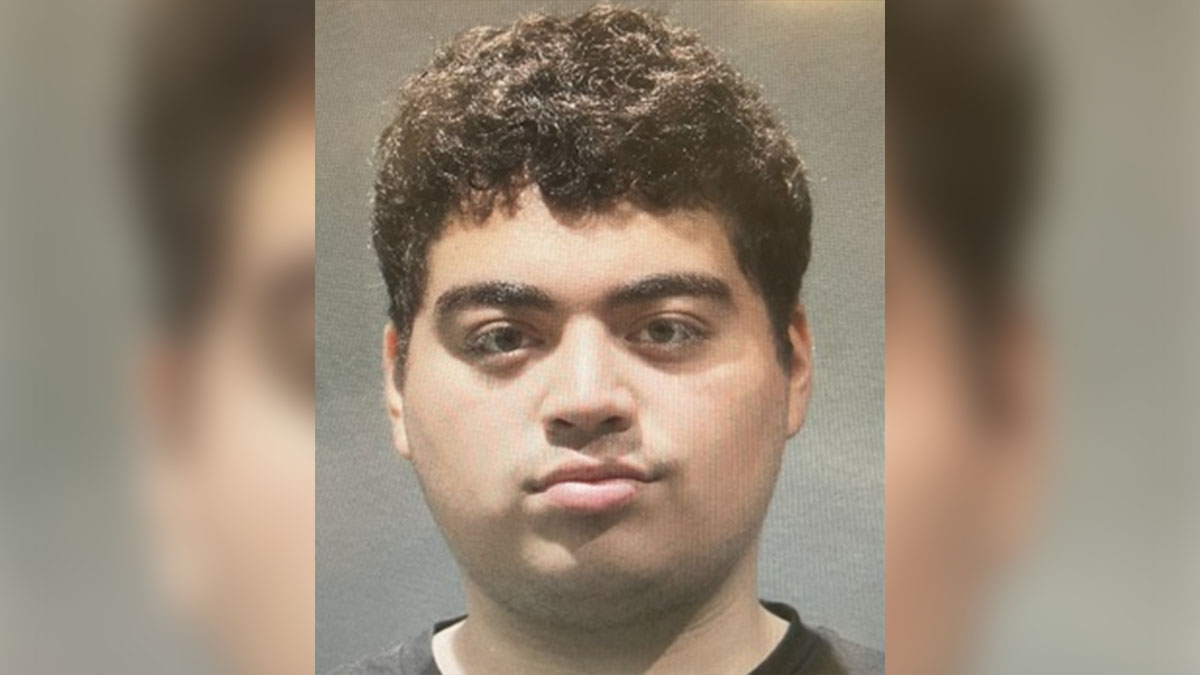The Justice Department on Monday challenged a federal judge's decision to allow a case accusing President Donald Trump of profiting off the presidency to go forward.
Justice lawyers want an appeals court to take the case instead. They filed papers Monday asking the U.S. Court of Appeals in Richmond, Virginia, to overrule the Maryland federal judge and allow a mid-case appeal or to dismiss the case outright.
The government lawyers also want the court to suspend legal discovery recently approved by U.S. District Judge Peter J. Messitte, which would force 13 Trump corporate entities to turn over business tax returns, receipts and other documents.
Justice lawyers have said in court filings that "discovery would necessarily be a distraction to the president's performance of his constitutional duties" and could cause separation of powers concerns. Trump's personal attorney made a similar argument last week.
The lawsuit brought by the attorneys general of Maryland and the District of Columbia alleges that because Trump has not divested himself of his business holdings, foreign and domestic government spending at Trump's Washington hotel amounts to gifts to the president in violation of the Constitution's emoluments clause.
The filing is the second effort by the Justice Department to delay or stop the proceedings. Messitte responded in November to Justice efforts for a mid-case appeal with a blistering opinion that said merely disagreeing with the court doesn't constitute a required "substantial" reason for appeal.
Monday, Justice lawyers fought back with similarly strong language, lambasting the district court for having "clearly abused its discretion" and stopping the appeals court from weighing in.
Local
Washington, D.C., Maryland and Virginia local news, events and information
Justice has long argued that the framers of the Constitution did not intend for emoluments to include hotel stays.
"The complaint rests on a host of novel and fundamentally flawed constitutional premises," the Justice Department said in its court papers. "Litigating the claims would entail intrusive discovery into the President's personal financial affairs and the official actions of his Administration.''
A first round of subpoenas in the case filed Dec. 4 target 37 entities, including Trump businesses and the federal agency that oversees the lease for Trump's Washington hotel. Subpoenas were also sent to the General Services Administration and the departments of Defense, Commerce and Agriculture, all of which have spent taxpayer dollars at the hotel or have information on Trump's finances relevant to the case.
"President Trump is going to extraordinary lengths to try to stop us from gathering information about how he is illegally profiting from the presidency," D.C. Attorney General Karl A. Racine said in a statement. "Unless the 4th Circuit rules otherwise, we will continue to work hard to gather the evidence needed to put a stop to the President's ongoing violations of the Constitution's original anti-corruption law.''
A petition to a higher court requires a high standard of proof that would partly rest on showing that Messitte's decisions are clearly wrong and lawyers have no adequate alternative for relief in the case.
If the petition is not granted by the appeals court, it is possible that Justice Department attorneys may ask the Supreme Court to consider the case. Otherwise, any appeal would typically wait until the end of the case.
Two other lawsuits accusing the president of violating the emoluments clause are being heard in other federal courts. Neither has reached the discovery stage.



